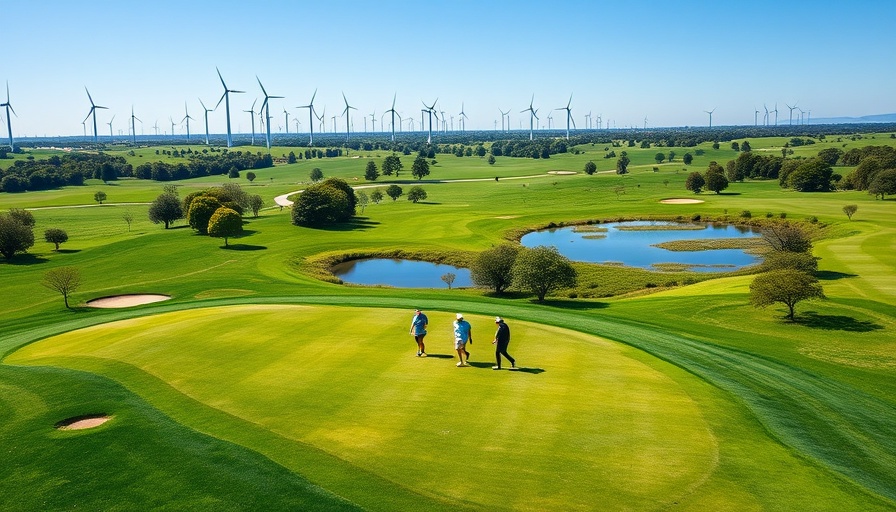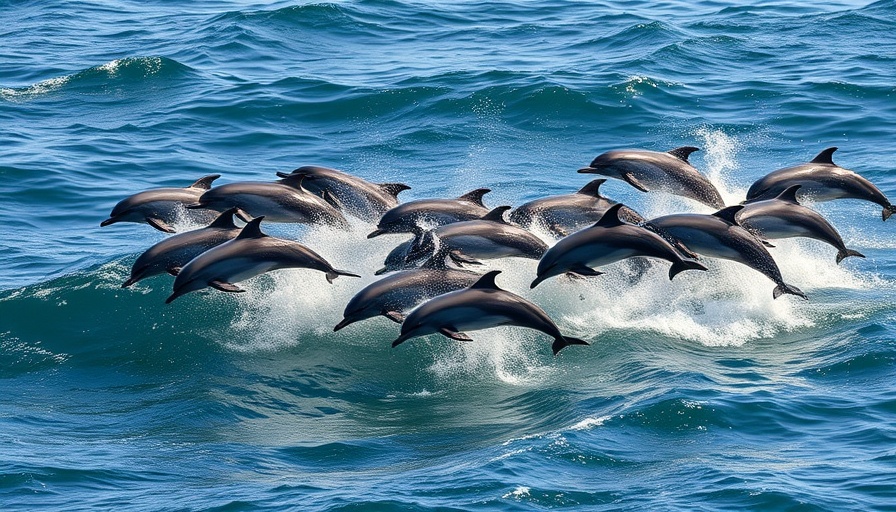
The Untapped Potential of Land Use for Renewable Energy
A recent study published in Environmental Research Communications highlights an alarming statistic: many countries are dedicating significantly more land to golf courses than to renewable energy sources such as solar and wind. This is particularly evident in the United Kingdom and the United States, where golf courses occupy vast tracts of land that could otherwise support substantial renewable energy capabilities. In the top ten nations with the most golf courses, the area dedicated to golf could allow for an astounding 659 gigawatts (GW) of wind power and 842 GW of solar capacity, far exceeding current installed capacities for renewable energy.
Why Does This Matter?
The implications of this land usage extend beyond mere statistics; they involve environmental sustainability and equity. Golf courses not only occupy large areas of land but also require significant water and chemical resources, often having detrimental environmental impacts. Dr. Jann Weinand, the lead author of the study, emphasizes the need for a comprehensive reevaluation of land use priorities, noting that these spaces predominantly benefit a limited demographic while sparking widespread conversation about the future of energy production.
Reassessing Our Values
This study invites us to rethink our values surrounding land utilization. As the demand for renewable energy grows amidst climate change concerns, we should consider how much land is dedicated to recreational activities versus systems that can provide clean energy. Transitioning to more sustainable practices is crucial, and we must look for viable opportunities for coexistence between leisure and green energy productions, ensuring that our land serves the greater good of society.
Taking Action
Community members and policymakers alike should advocate for innovative solutions that address land use. Promoting policies that prioritize renewable energy installations in underutilized areas can drive a more sustainable future. As we engage in this conversation, it's essential to reflect on our own resource usage and make informed choices that foster an environment where renewable energy thrives alongside necessary recreational facilities.
 Add Row
Add Row  Add
Add 




Write A Comment